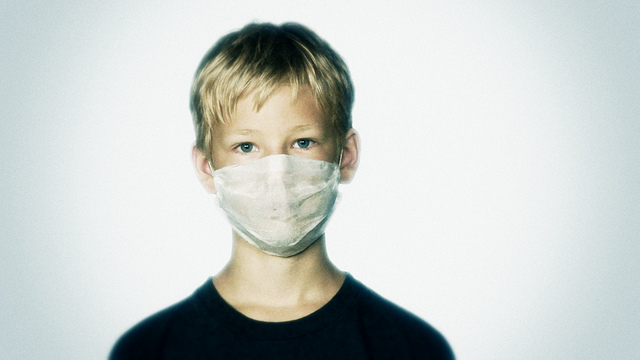
Health Officials Urge Prevention
Although Ebola Is Prompting Fear, Don’t Panic
The arrival of Ebola in the U.S. is sparking some panic, although health officials say there is little cause for concern. Health officials say that the approach of flu season, along with the Ebola scare and the D68 virus sickening children across the country is causing a lot of concern because the symptoms can be similar. But, according to an InsideNoVa report, common sense practices can help keep you well. Certainly, these measures can be adapted for the close quarters found in many rescue missions, too.
“There are several things that you can do to protect yourself and your loved ones from infection at home, school or work,” says Dr. Alison Ansher, health director for the Prince William Health District in Northern Virginia.
“With the flu, you may be infectious to others before you feel ill, and it can be spread through the air,” she notes. Ebola, on the other hand, is not contagious until the patient exhibits symptoms.
“Ebola cannot be spread until the person is ill with a high fever, and Ebola is not spread through the air,” Ansher says. “Therefore, practicing healthy behaviors can prevent you from becoming sick from many infectious illnesses.”
Here are some ways to keep healthy:
Flu vaccination. This, in addition to washing your hands frequently with warm water and soap, is the main ways to prevent getting the flu each year. The flu shot is recommended for anyone six months of age or older and is available at drug stores, grocery stores, local health departments and at your local doctor’s office.
Keep your hands clean. Clean hands are another important factor in preventing the spread of almost all diseases. Use soap and water when hands are visibly dirty, contaminated or soiled, after using the restroom, and before eating or preparing food. Alcohol-based hand rubs are products that kill germs on the hands. They are fast-acting, convenient, and generally can be used for all situations other than the ones described above. Be sure to use hand rubs that contain 60–95 percent ethanol or isopropanol.
Avoid touching your eyes, nose, or mouth. Germs spread this way.
Practice good respiratory hygiene and cough etiquette. Cover your mouth and nose with a tissue when coughing or sneezing. Promptly throw away tissues after they are used. If a tissue is not available, cover your cough/sneeze with your elbow or sleeve, not your hand.
Wash your hands after coughing or sneezing. If you are sick, maintain a safe distance, at least three feet, from others or wear a surgical mask. Do so if you are able to tolerate it, especially if you are at a doctor’s office or a location with others who may be at high risk for getting the flu.
Avoid contact with others who are sick. Also, stay home if you are sick, unless you need medical care. Don’t share glassware, silverware, or personal items with people in your household. If you feel you may have an infectious disease, call your doctor’s office first and explain your symptoms. Your appointment may be scheduled so that you will not infect other patients. Don’t return to work, school, or other activities until you are fever-free for at least 24 hours without the use of fever-reducing medication. When you go back to work or school, continue to cover your coughs and sneezes and keep your hands clean.
Keep your environment clean. If taking care of yourself or a sick person, make sure that you clean and disinfect surfaces and objects such as kitchen counters, bedside tables, children’s toys, and surfaces in the bathroom that may become contaminated with the influenza virus, especially if you have others at home who are not sick. Wipe these surfaces down with an approved household disinfectant according to directions on the product label. Clean linens, eating utensils, and dishes used by the sick person thoroughly before reusing. You do not need to wash items separately. Wash linens, such as bed sheets and towels, with laundry soap and tumble dry on a hot setting. Avoid “hugging” laundry to your body before washing it to prevent contaminating yourself.
Photo: GMF-Productions via photopin cc